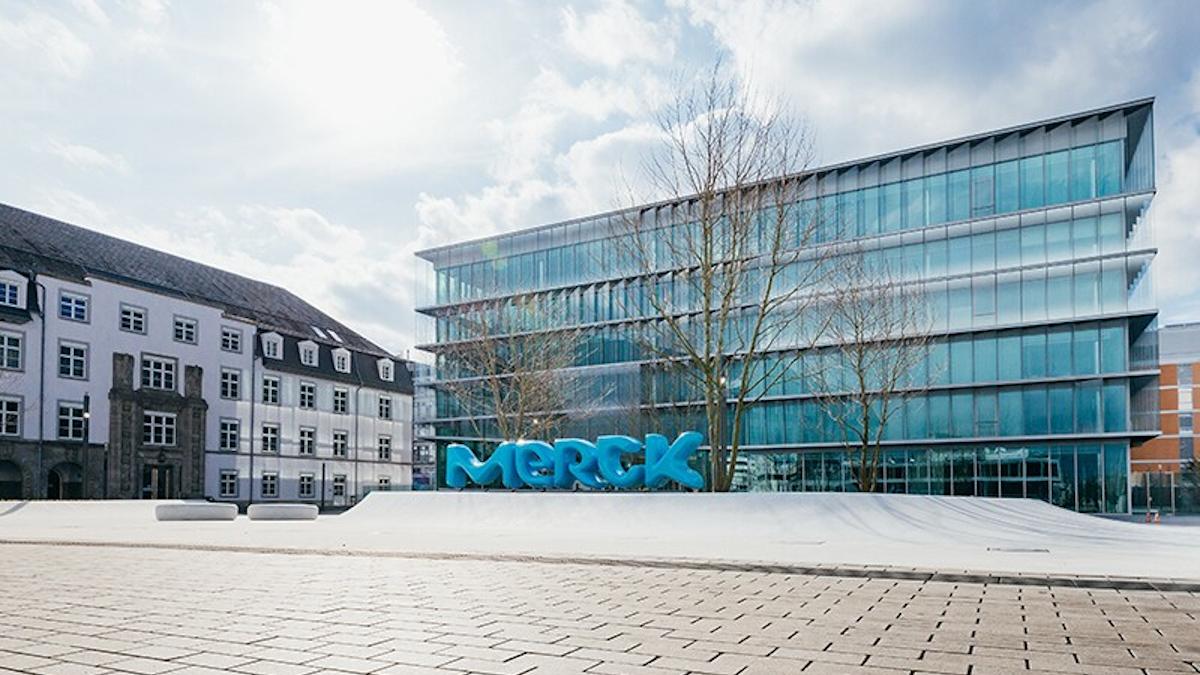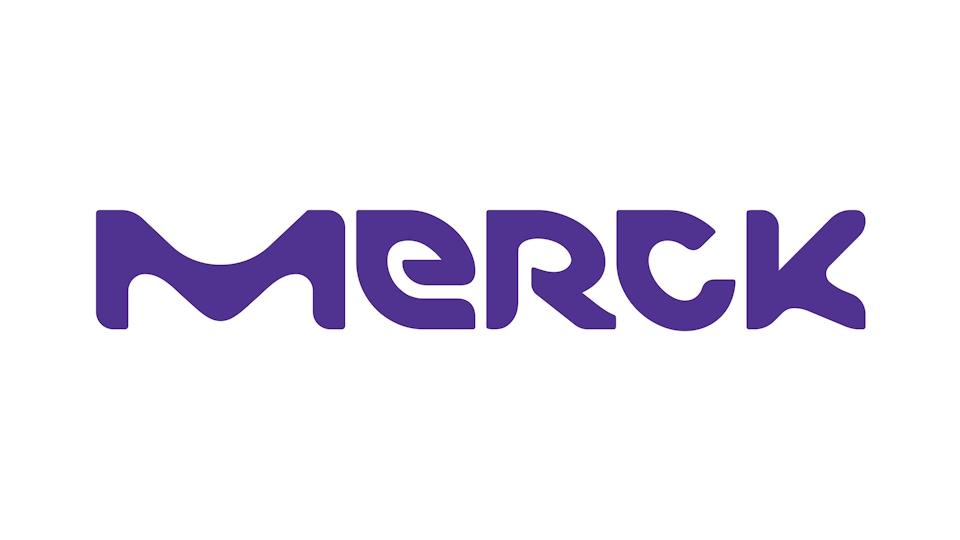Merck drug for rare tumour hits phase 3 target

Merck KGaA is shaping up to take on Daiichi Sankyo and Ono Pharma in the market for tenosynovial giant cell tumour (TGCT) therapies after its drug candidate pimicotinib cleared a phase 3 trial.
The German group said the CSF-1R inhibitor given as a once-daily, oral dose hit its primary endpoint in the MANEUVER study, achieving an objective response rate (ORR) at week 25 of 54% compared to 3.2% for a matched placebo in patients with TGCT, a rare disease affecting the joints and tendons.
Merck paid Chinese biotech Abbisko Therapeutics $70 million upfront for rights to pimicotinib in China, Hong Kong, Macau, and Taiwan – with an option on rights for the rest of the world – last December.
If it makes it to market, the drug will compete with Daiichi Sankyo's Turalio (pexidartinib), a CSF1R, KIT, and FLT3 inhibitor that was cleared for TGCT by the FDA in 2019, and potentially Ono's CSF-1R inhibitor vimseltinib, which the drugmaker acquired as part of its takeover of Deciphera Pharma last year and is under review at the FDA, with a decision due in February.
Another potential rival is SynOx Therapeutics' antibody-based CSF-1R candidate emactuzumab, which is in a phase 3 trial that started dosing patients earlier this month.
TGCT is caused by the overproduction of the protein CSF-1, which stimulates the proliferation of various cell types, inflammation, and destruction of the matrix of the joint. That, in turn, leads to joint pain, swelling, stiffness, and limited range of motion that, while not life-threatening, can be highly debilitating to patients and affect their quality of life.
So far, Turalio sales are modest, at $10 million in the first quarter of Daiichi Sankyo's current fiscal year, which may reflect the rarity of the disease – affecting around 11 people per million worldwide – but also the need for strict monitoring for liver damage and controls to prevent it being taken during pregnancy.
Pimicotinib's ORR in MANEUVER looks better superficially than the data from the ENLIVEN study of Turalio, which achieved a rate of 38% versus zero with placebo at the same time point, although, trying to compare studies with different designs is always risky.
Meanwhile, pimicotinib also showed efficacy on secondary endpoints, including joint stiffness and pain. On stiffness, the drug achieved a three-point reduction using the NRS measure, compared to a 0.57-point fall in the control group from baseline, while the BPI pain score showed a 2.32-point reduction with Merck's drug and 0.23 points with placebo.
The trial enrolled patients in both Asian and Western patients, and Abbisko said it will now work with Merck on the registration of pimicotinib as the first systemic therapy for TGCT in China.












